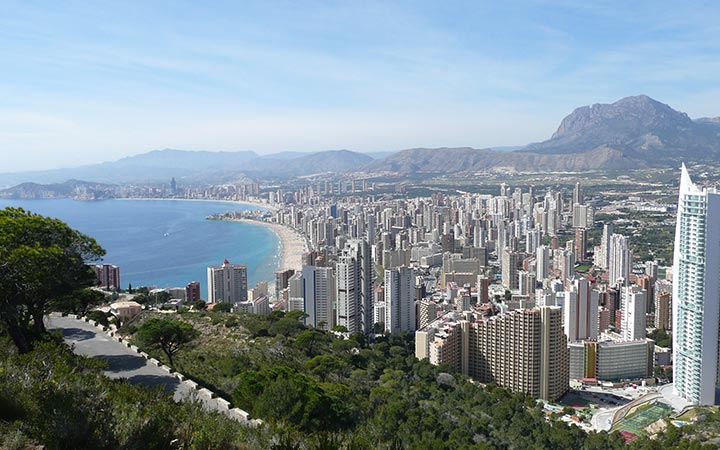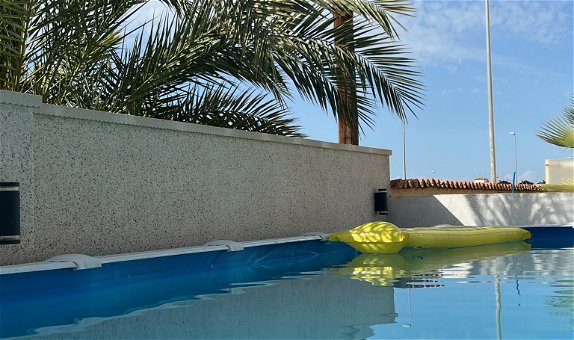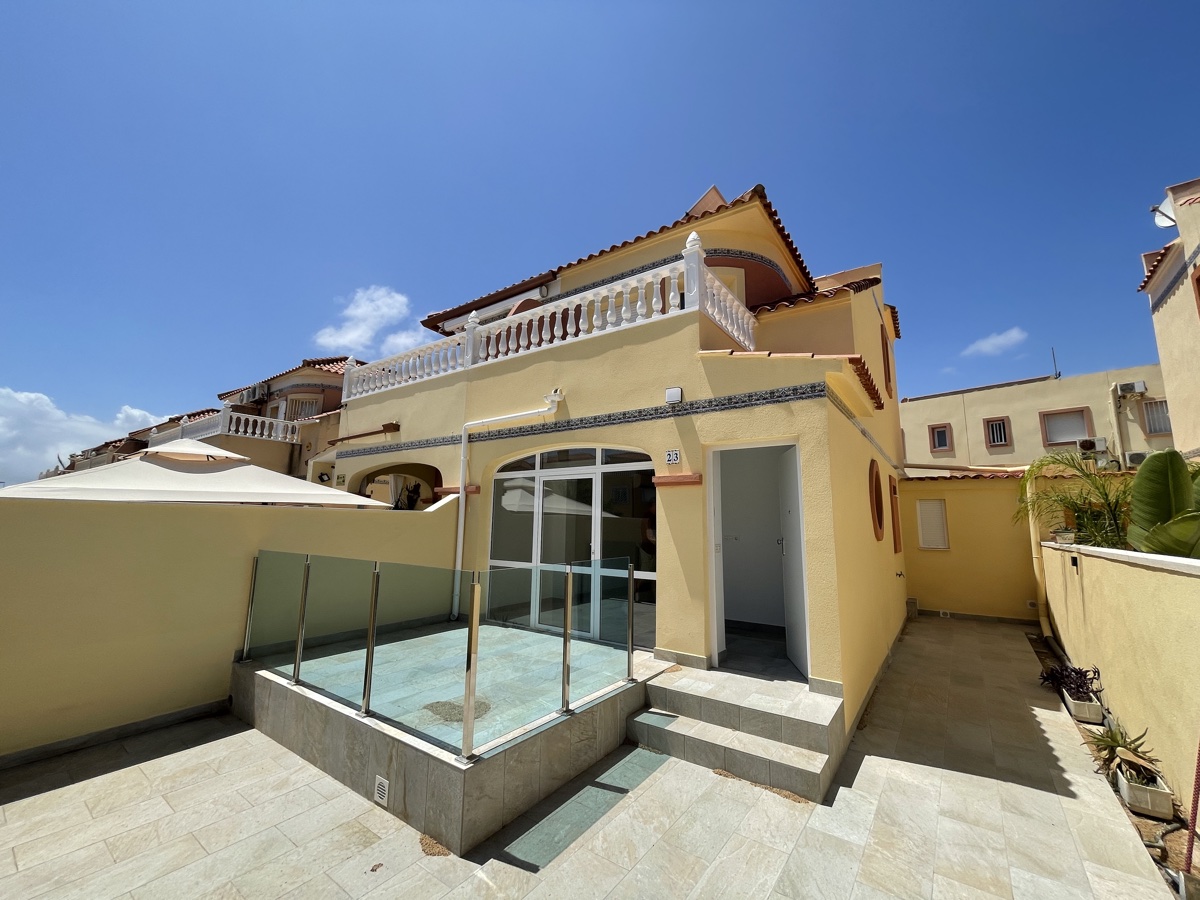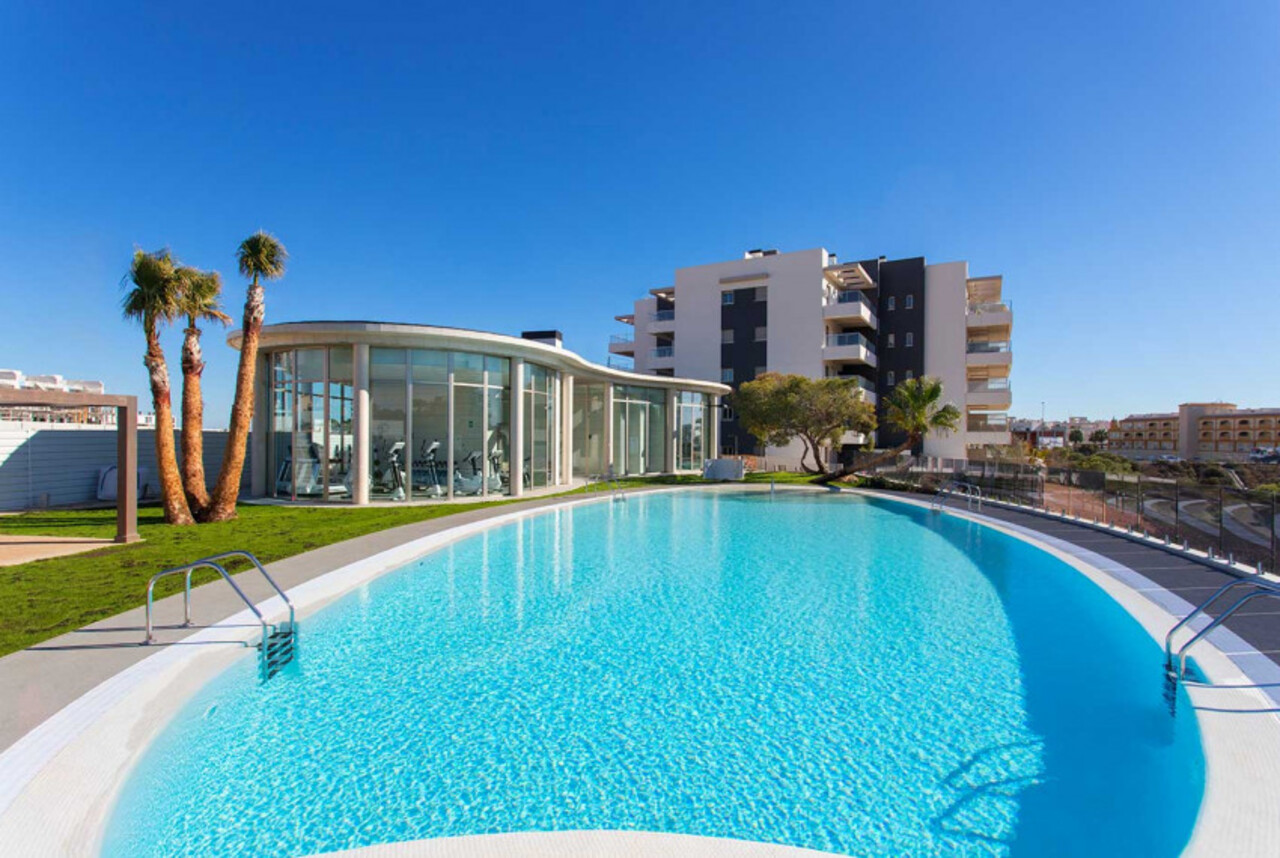Many people are confused by the different types of Police they see here in Spain and the areas of crime that each investigates and to whom crime is to be reported, here is a Guide to the Spanish Police Force with information obtained from the Spanish Solutions website ( https://www.spanishsolutions.net/ ).
The Spanish police is essentially composed of three forces: the Guardia Civil, the Policia Nacional and the Policia Local.
Some regions though have their own police forces – all of which, in these areas, are in the place of the Policia Nacional.
1. Guardia Civil.
To all intents and purposes, the Guardia Civil is a conventional police force who operate in exactly the same way as the police of any other modern European country. They have the resources, powers and facilities of a normal police force and are generally admired within Spain for their high level of discipline and professionalism. Whilst they are a military force (with military ranks) in peacetime they act under the civil authority and have no extraordinary powers. The Guardia Civil wear green uniforms and (when on ceremonial duty) black tri-corner hats.
2. Policia Nacional.
The Policia Nacional are normally dressed in black uniforms with white shirts but they can be seen also wearing blue, military-style uniforms. Like the Guardia Civil, they are a conventional police force – albeit that they are a completely civil force with civil (rather than military) ranks.
Mostly the Policia Local deal with local authority enforcement matters, together with urban (city, town or village) traffic control and any associated violations. Crimes are not investigated and any serious matter is immediately handed over to either the Guardia Civil or Policia Nacional – as appropriate to the demographic area. Almost all Spanish police are armed although occasionally this is not the case with village Policia Local.
3. Policia Local.
Finally, there is the Policia Local. This is a force which is recruited, funded and controlled by local town halls and that is responsible to the elected Mayor. The Policia Local wear blue uniforms with white shirts and respond to minor crimes.
Mostly the Policia Local deal with local authority enforcement matters, together with urban (city, town or village) traffic control and any associated violations. Crimes are not investigated and any serious matter is immediately handed over to either the Guardia Civil or Policia Nacional – as appropriate to the demographic area. Almost all Spanish police are armed although occasionally this is not the case with village Policia Local.
Article continues below
If you are in Spain and you need the police, here are their telephone numbers:
For general emergencies: 112
To report a crime : 902 102 112
Guardia Civil: 062
Policia Nacional: 091
Policia Local: 092
From Wikipedia
Law enforcement in Spain is carried out by numerous organizations, not all of which operate in the same areas.
- The Guardia Civil (Civil Guard) is a gendarmerie force and therefore, has a military status and patrols rural areas (including highways and ports) and investigate crimes there (78.000). They operate from garrison posts that are called casas cuartel ("home-garrisons") which are both minor residential garrisons and fully equipped Police stations. Answers to both the Ministry of Interior and the Ministry of Defence.
- The Policía Nacional or Cuerpo Nacional de Policía (literally, the National Police Corps, or CNP) has a civilian status and deals with criminal offences and public order in big towns and cities (65.000). It includes special anti-riot units. In some Autonomous Communities, autonomous police forces have taken over many of the CNP duties. Answers to the Ministry of Interior.
- The Policía Local or Policía Municipal (known as Urban Guard in the city of Barcelona) operate in most cities and important towns, concentrating on preventing crime, settling minor incidents, traffic control, and, crucially, intelligence gathering. Answer to the local governments (81.000).
- In some Autonomous Communities there is an autonomous police force, under the rule of the regional government, which carries out the duties of the Civil Guard and the National Police there. This police forces are the Troopers (Mossos d'Esquadra) in Catalonia (17.000), the Ertzaintza in the Basque Country (8.000), and the Chartered Police (Policía Foral or Foruzaingoa in Basque) in Navarre (1100). They answer to their respective autonomous governments. The Basque province of Alava retains Spain's oldest police force, the Miñones [1] ("Minions") founded in 1793. Although now an integral division of the Basque Ertzaintza, it answers to the provincial government of Alava.
- Additionally, there is a "special administrative police" which is not under the Ministry of the Interior nor the Ministry of Defence, but the Ministry of the Treasury. The Customs Surveillance Service is responsible for the investigation and prosecution of cases involving contraband, illegal drugs, financial evasion and violations, money laundering, surveillance for financial police purposes and the provision of judicial police services. Despite their civilian status, the officers are trained by both the National Police and the Navy Marines.
Locally, all enforcement agencies work together closely, and in serious matters, usually under the guidance of an Examining magistrate. Operational policy and major interventions are nationally coordinated under the direction of the Ministry of the Interior.
Written by




































 Spain Tips and Guides: your complete guide to visiting, living and moving to Spain
Spain Tips and Guides: your complete guide to visiting, living and moving to Spain